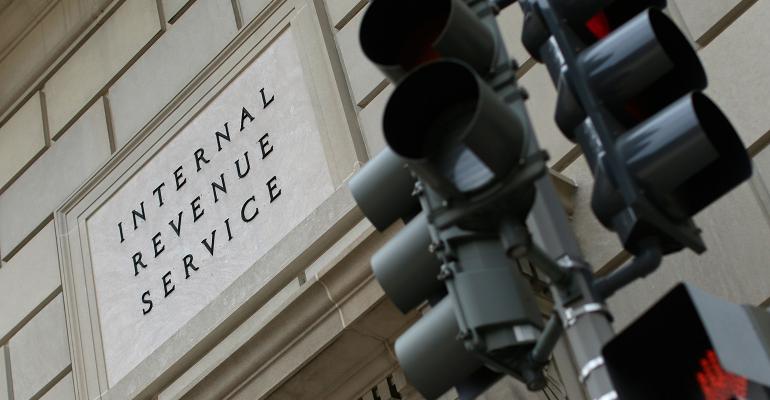On Nov. 12, the Internal Revenue Service announced a “significant increase” in the enforcement actions against syndicated conservation easement transactions. A conservation easement is a legal agreement that permanently limits the uses of certain land to protect its conservation values. One particular issue of concern is that taxpayers donate these easements to a charity and then grossly overstate the value of the easement. Also, these transactions often fail to comply with the basic requirements for claiming a charitable deduction for a donated easement.
IRS scrutiny over these transactions isn’t anything new. If you Google “Congress and Conservation Easements” you’ll get hundreds of articles on Internal Revenue Service scrutiny and investigations dating back more than 25 years. At the same time, Congress overwhelmingly has supported the conservation easement program by passage of the permanent conservation easement tax incentive, supporting land conservation in 2015. As with many tax programs, sometimes taxpayers and advisors push the envelope too far and invite the additional scrutiny of IRS and Congress. In 2017, the IRS added syndicated easements as listed tax avoidance transactions, letting advisors and taxpayers know that with any easement transaction, great care must be taken.
Here are a few lessons learned from the IRS and the Tax Court on keeping out of trouble with all easement transactions.
The Devil Is in the Details
Conservation easements are highly specialized transactions. There are a number of legal limitations on how the transactions are structured. A key element is often debt. The IRS requires that an easement be protected into perpetuity, and the fair market value at the time of the gift must be at least equal to the proportionate value that the easement bears to the value of the property as a whole (Treasury Regulations Section 1.170A-14(g)(6)(ii)). In some trust deeds, the instrument will require that if the property is condemned, then the bank will have first call on the proceeds. Since this violates the equal treatment into perpetuity rule, the Tax Court has repeatedly disallowed donations based on the lack of perpetual conservation. (For example, see Kaufman v. Commissioner (134 T.C. No. 9, April 26, 2010)). The best way to avoid structural problems is to make sure that the transaction team has the experience and understanding of the regulations and the process. A simple mistake can easily mean the loss of an entire deduction. One often-overlooked guide is the Conservation Easement Audit Techniques Guide (2018) published by the IRS. It’s a thorough document that can be used as a checklist in preparing an easement donation.
Appraisals
In many of the articles published recently on syndicated easements, one common remark relates to inflated appraisals as a consistent concern. At the IRS Valuation Summit in Washington, D.C., last month, the issue of syndicated easements was raised along with the added scrutiny they’re now facing. Several examples were presented of problems with overstated appraisals for easements (and understated estate tax valuations).
Due to the problems with appraisals, there’s almost 100% certainty that any donation appraisal will be reviewed internally. The IRS has experts in conservation easements on staff and located throughout the country. Any issues noted will cause the appraisal to be elevated to more thorough scrutiny and possible review by an outside appraiser. There’s little chance nowadays that major flaws and overvaluations will go unnoticed.
The consistent theme seen by the IRS with appraisals is a properly supported analysis of highest and best use. Often, appraisers will assume a use is feasible based only on zoning, without good market support. If you review an appraisal and it’s based on a highest and best use that you don’t consider reasonably probable, it will likely lead to audit or Tax Court problems down the road.
Finding an appraiser experienced in conservation easements can be difficult in some locations. If you’re having difficulty finding an appraiser, the Appraisal Institute offers a certification in conservation easement valuation and it publishes a searchable database of valuation specialists who have training in conservation properties.
Ultimately, the key issue when dealing with easements is care. Make sure you follow the regulations carefully. At the same time, make sure your appraiser understands the requirements of the IRS guidelines and bases the valuation on supportable market evidence.





